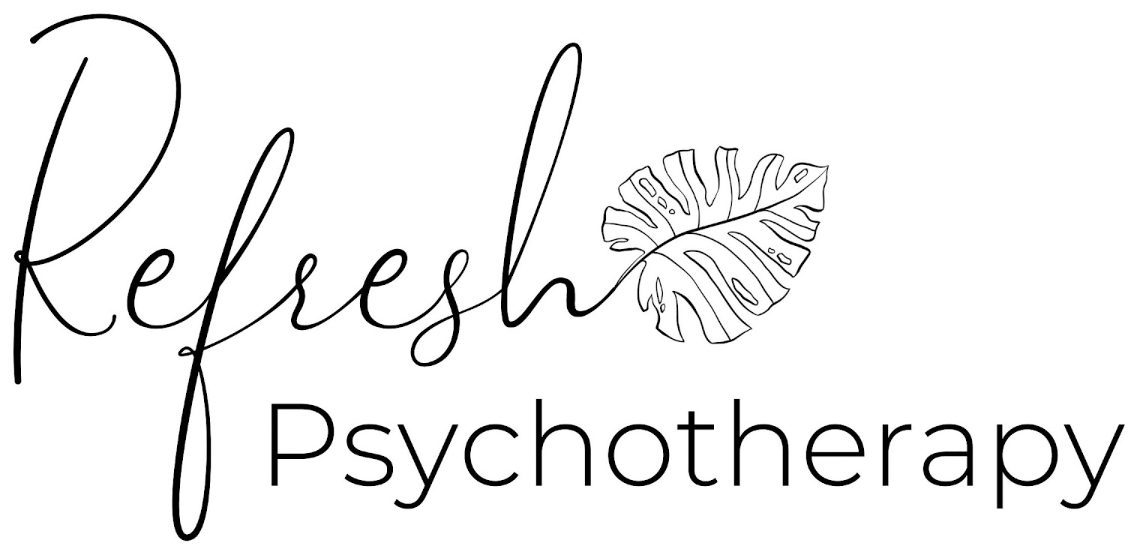
Parenting While Managing Your Mental Health
Parenting is often portrayed as the ultimate act of selflessness—constantly giving, staying strong, and putting your child’s needs first. But what happens when the parent is running on empty? When anxiety, depression, trauma, or burnout aren’t just occasional challenges, but part of your daily reality?
In a culture that idolizes parental sacrifice, it’s rarely talked about: parenting while managing your mental health can feel isolating, exhausting, and loaded with guilt. Yet it’s far more common than most people realize. Studies estimate that at least 1 in 5 adults will experience a mental health disorder in any given year (National Institute of Mental Health, 2022)—and many of them are parents.
This article explores what it means to raise a child while also navigating your own psychological well-being, what internal narratives make it harder, and what actually helps.
You Are Not a Broken Parent
Let’s start with a reframe: struggling doesn’t mean you’re failing. In fact, the ability to acknowledge your limits, seek support, and reflect on your inner experience is a sign of psychological maturity.
Children do not need perfect parents. They need present, emotionally responsive ones—and emotional responsiveness is only possible when your own nervous system isn’t maxed out.
The myth of the ever-stable, always-available parent harms both adults and children. Kids who never see their parents take breaks, set boundaries, or say “I’m having a hard day” don’t learn what emotional regulation looks like in real life. Modeling honesty—age-appropriately—about your own needs shows your children that emotional maintenance is part of life, not a sign of failure.
Common Emotional Struggles Parents Don’t Talk About
Many parents managing mental health issues live with chronic internalized shame. You may fear that your child deserves someone “better” or worry that your symptoms will harm their development.
These are painful fears—but they often stem from perfectionistic or distorted beliefs rooted in trauma, societal pressure, or cultural expectations.
Some common patterns include:
- Feeling guilty for needing time away from your child, even when overwhelmed
- Comparing yourself to other parents who seem more patient, cheerful, or involved
- Believing your child is better off with a co-parent or other caregiver
- Avoiding honest conversations about your needs because of fear they’ll feel unsafe or unloved
These beliefs are often based on schemas—deep, unconscious mental patterns developed early in life (Young et al., 2003). If you were raised to prioritize others, to fear abandonment, or to suppress your own feelings, parenting can trigger those same unresolved wounds.
Reflection Prompt:
What do you believe makes a “good parent”? Where did those beliefs come from? Which ones are helping you—and which ones are hurting you?
How Your Mental Health Impacts Parenting—And Vice Versa
The relationship between parenting and mental health is bidirectional. Your mental state affects how you respond to your child, and your child’s behavior (or sleep schedule, or developmental needs) affects your mental state.
When you’re anxious, you may become overprotective. When you’re depressed, you may feel emotionally numb. When you’re burned out, even simple tasks may feel monumental.
These shifts don’t make you a bad parent—they make you human. However, unaddressed symptoms can reduce emotional availability and increase reactivity, which may affect a child’s emotional development (Goodman et al., 2011).
Conversely, managing your mental health—through therapy, medication, routines, or rest—can lead to more attuned parenting. Taking care of your mind isn’t selfish. It’s part of the job.
When Your Child Is Also Struggling
Many parents managing mental health challenges are also raising children with emotional, behavioral, or neurodevelopmental differences. If your child has ADHD, autism, anxiety, or sensory processing difficulties, the demands can be even more intense.
This double load can leave you with less energy for self-care and increase the risk of compassion fatigue. It’s important to acknowledge the emotional toll of caregiving without judgment.
You are allowed to grieve, feel angry, or want space—these feelings don’t mean you love your child any less. They mean you are a full person with needs of your own. Seeking your own support is not optional—it’s protective for everyone in your household.
Microboundaries That Make a Big Difference
You may not be able to take a vacation or redesign your life right now. But mental health isn’t built on grand gestures—it’s built on microboundaries: small decisions that protect your capacity.
Try experimenting with:
- Setting a visual cue (like a light or sign) that tells your child when you’re taking a five-minute reset
- Not answering questions immediately when you’re overstimulated—”I’ll respond in five minutes” is okay
- Keeping one small part of the house or day sacred for adult needs, even if it’s five minutes with a cup of coffee
- Using earplugs, noise-canceling headphones, or sunglass filters to reduce sensory load
- Having one phrase ready for hard moments—e.g., “I’m doing my best, and I’ll try again in five minutes”
These strategies are not about avoidance. They’re about regulating before you react. Every moment you model nervous system recovery teaches your child that big feelings are manageable—not dangerous.
Therapy Isn’t Just for the Crisis Point
Therapy is not only a place to “fix” something. For parents, it can be a space to explore:
- How your upbringing shaped your current parenting style
- Which emotions you suppress—and how that affects your relationships
- How to reparent yourself while raising a child
- How to name and reduce guilt, resentment, or shame
- How to stop performing perfection and start living authentically
Therapy doesn’t make you a better parent because it gives you tricks. It makes you a better parent because it helps you return to yourself. And from that place, your child learns to return to themselves, too.
Reflection Prompt:
If you could parent from a place of calm, self-trust, and enoughness, what would change in your household? What would you stop doing? What would you do more of?
You Are Allowed to Be a Work in Progress
Perhaps the hardest truth for parents managing mental health is this: your child will see you struggle. But that’s not the problem. The problem is when they see you struggling and pretending everything’s fine.
Children are incredibly perceptive. What matters is not that you’re always okay—but that you show them what it looks like to name your needs, recover from hard days, and stay connected through it.
You don’t need to perform strength. You just need to show up—honestly, consistently, and with a little grace for yourself.
Parenting while managing your mental health is not a detour from being a “real parent.” It’s the full, raw, human version—and it’s enough.
Book your appointment today at refreshtherapynyc.clientsecure.me.
Written by: Keeley Teemsma, LCSW, MA
Works Cited
Goodman, S. H., Rouse, M. H., Connell, A. M., Broth, M. R., Hall, C. M., & Heyward, D. (2011). Maternal depression and child psychopathology: A meta-analytic review. Clinical Child and Family Psychology Review, 14(1), 1–27. https://doi.org/10.1007/s10567-010-0080-1
National Institute of Mental Health. (2022). Mental illness. https://www.nimh.nih.gov/health/statistics/mental-illness
Young, J. E., Klosko, J. S., & Weishaar, M. E. (2003). Schema therapy: A practitioner’s guide. Guilford Press.
